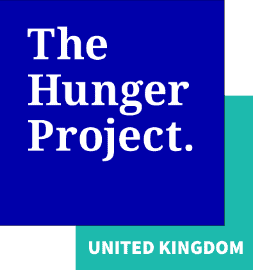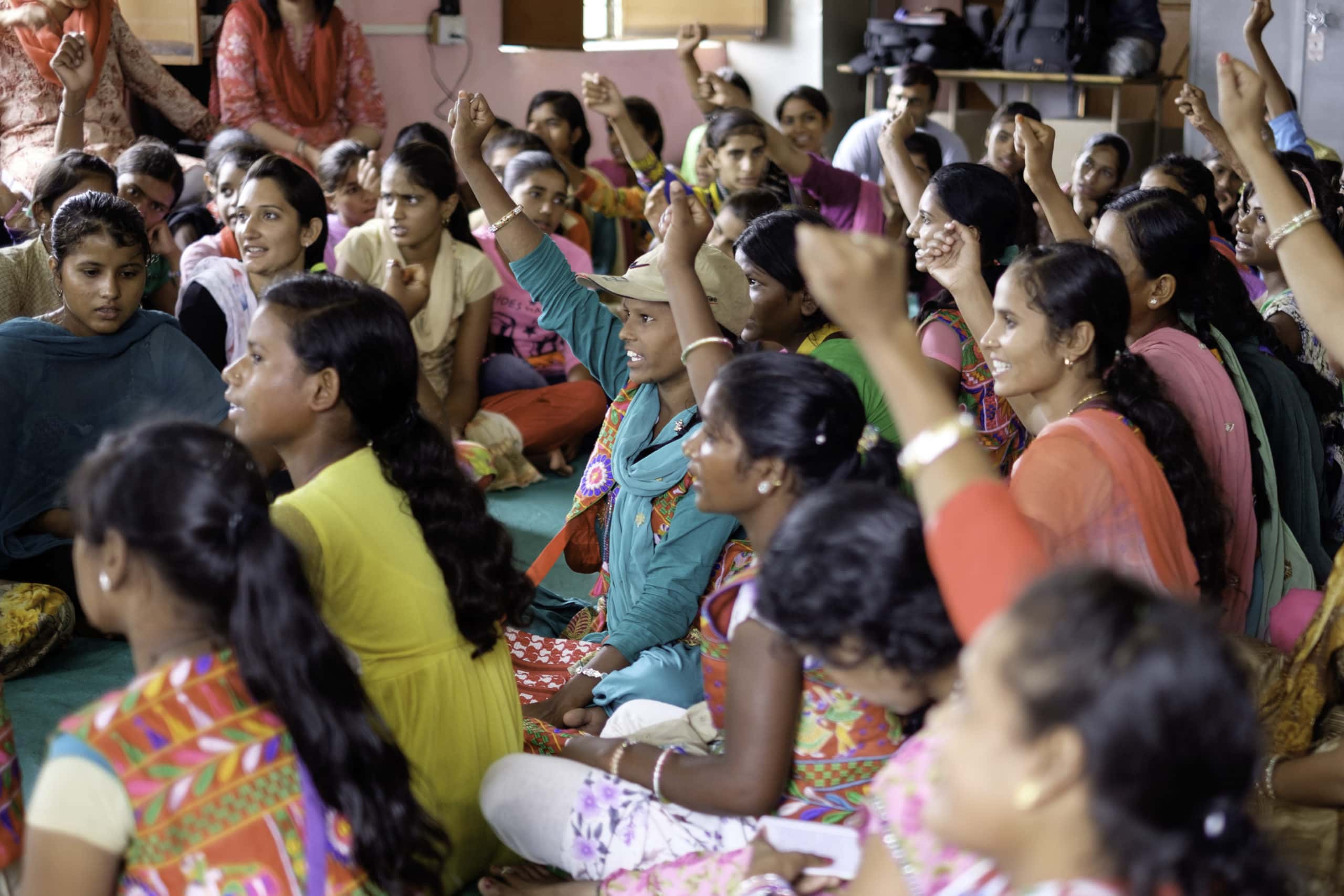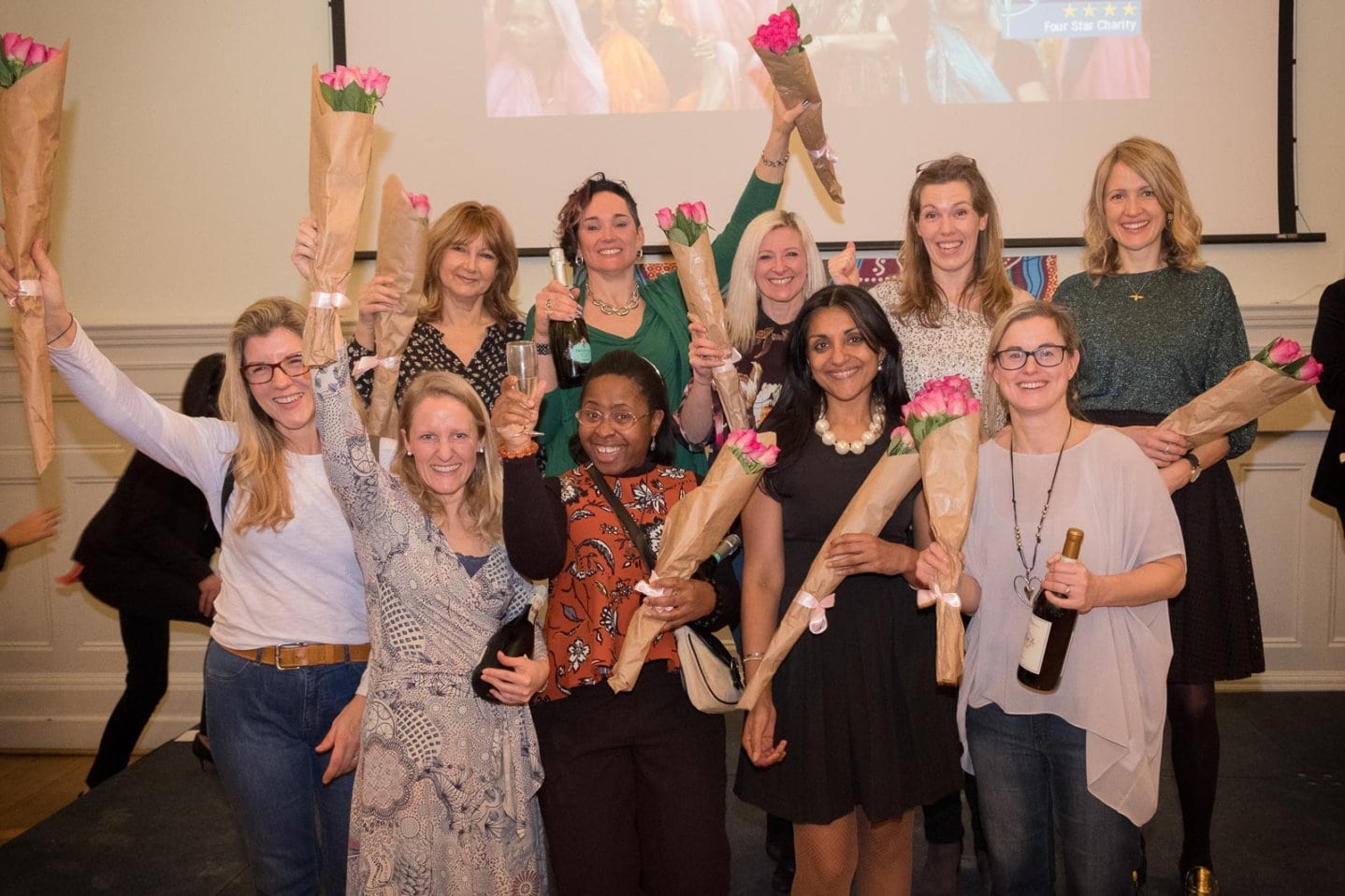World Food Day 2023
Water is life, water is food. Leave no one behind.
We are proud to join our global community this World Food Day in raising awareness about the importance of water and creating sustainable solutions to conserve it.
Clean water is key to creating a world without hunger. It is connected to nutrition, health, the environment and the economy. At The Hunger Project, we partner with rural communities to enhance water access, sanitation and conservation, developing new water sources and promoting sustainable practices.
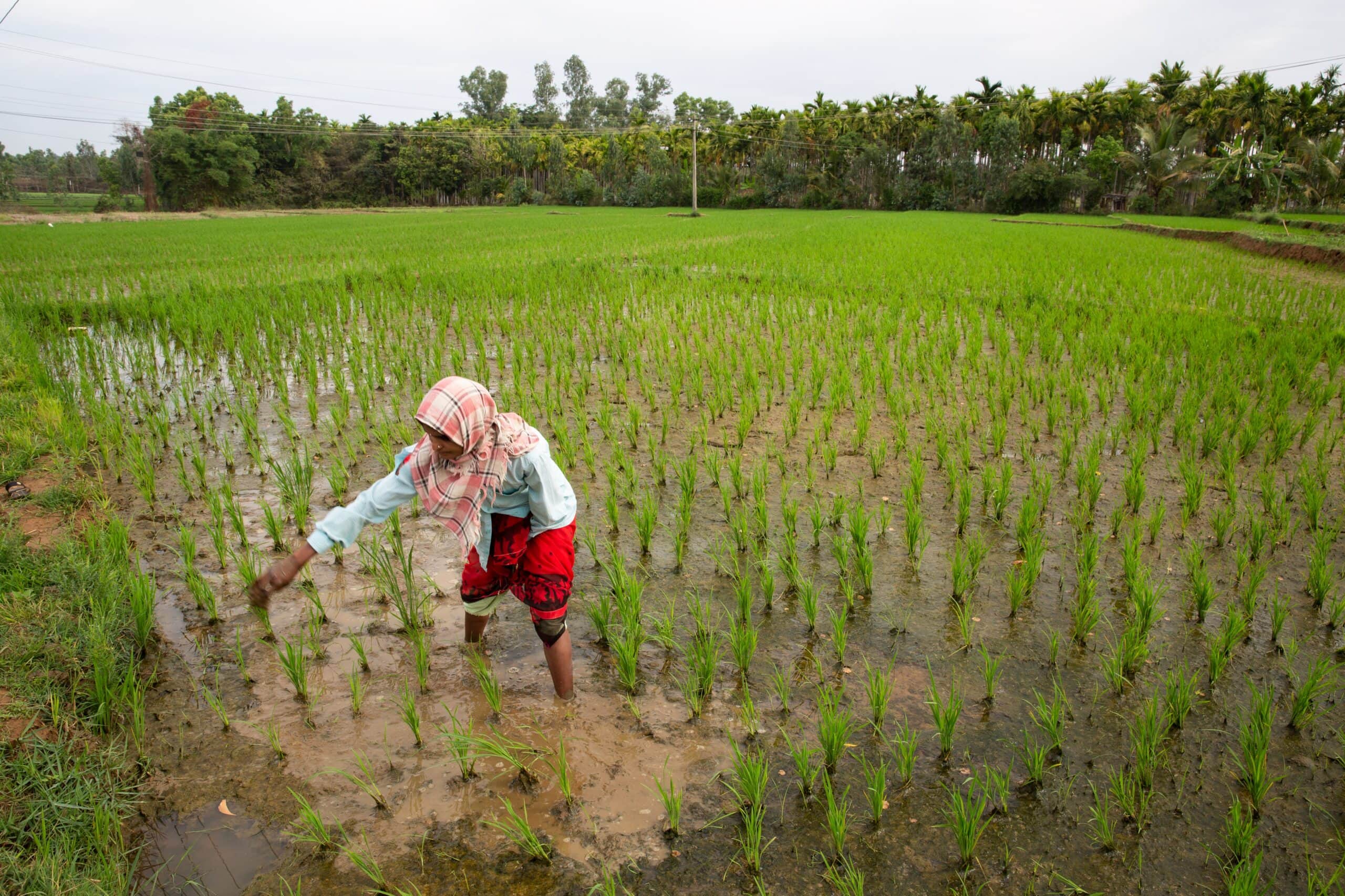
Global access to safe water remains a challenge. Approximately 2.4 billion people in the world reside in water-stressed countries. Among those affected, women bear a disproportionate burden due to the scarcity of clean and safe water. Often tasked with fetching water, women endure long walks and even violence during their journeys. Reliable access to clean water not only reduces risks but also mobilises women to invest in their families and communities and enables girls to attend school.
We recognise that the majority of freshwater used globally supports agriculture. Most people living with hunger depend on agriculture for their livelihoods, leaving them susceptible to environmental degradation, water scarcity and climate change impacts. Therefore, efficient, low-barrier water conservation methods are critical to create thriving communities.
Additionally, every year, countless adults and children lose their lives due to diseases spread through unsafe water, inadequate sanitation and poor hygiene. Illnesses like cholera, dysentery and diarrhea are prevalent, causing hundreds of thousands of children to live with malnutrition.
Climate change, agriculture, population growth, urbanisation and economic development are putting the planet’s water resources under increasing stress. Now is the time to work with communities to find sustainable approaches to water conservation and to ensure that every person has access to clean, affordable water.
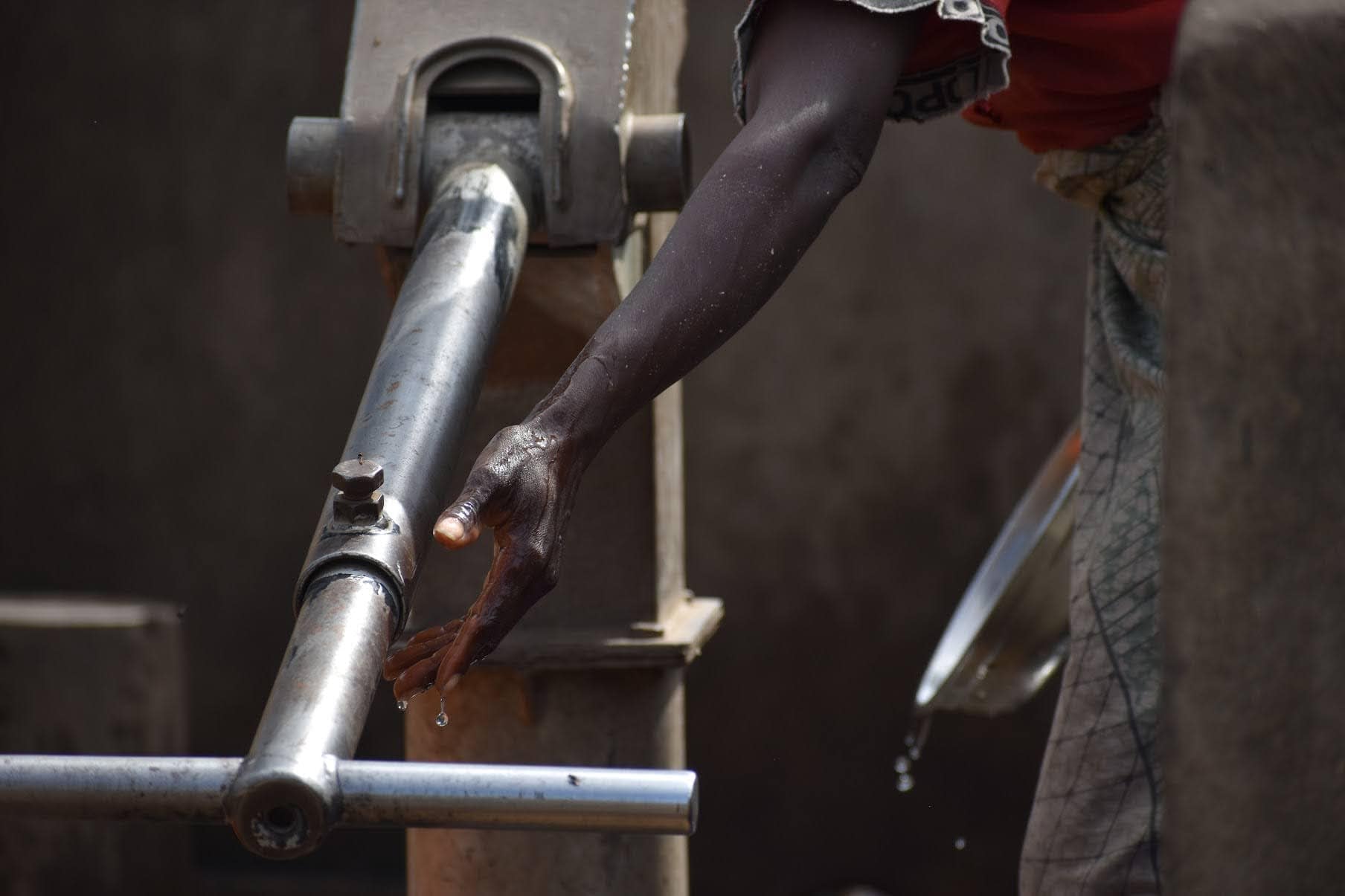
What we do.
- Promoting Local Food Varieties: Our food consumption has a direct impact on water resources. At The Hunger Project, we work with communities to identify native crops that thrive under local conditions. This helps reduce the need for complex irrigation systems and promotes biodiversity.
- Promote sustainable farming practices. We work with our community partners to create and manage community demonstration farms. Community partners learn techniques to sustainably improve crop yields, providing entire communities with increased access to food. Through taking part in The Hunger Project programs, farmers like Issa, have learnt how to practice sustainable farming and to grow climate resistant crops.
- Build water and sanitation capacity. We establish water project boards made up of community leaders who are trained by experts on how to monitor, maintain and repair water systems; training people in the use and repair of water pumps and generators; and training a core of local leaders in water safety and purification so they can lead workshops throughout the community and expand grassroots knowledge.
Learn more about our work on water and sanitation in Zambia: watch video.
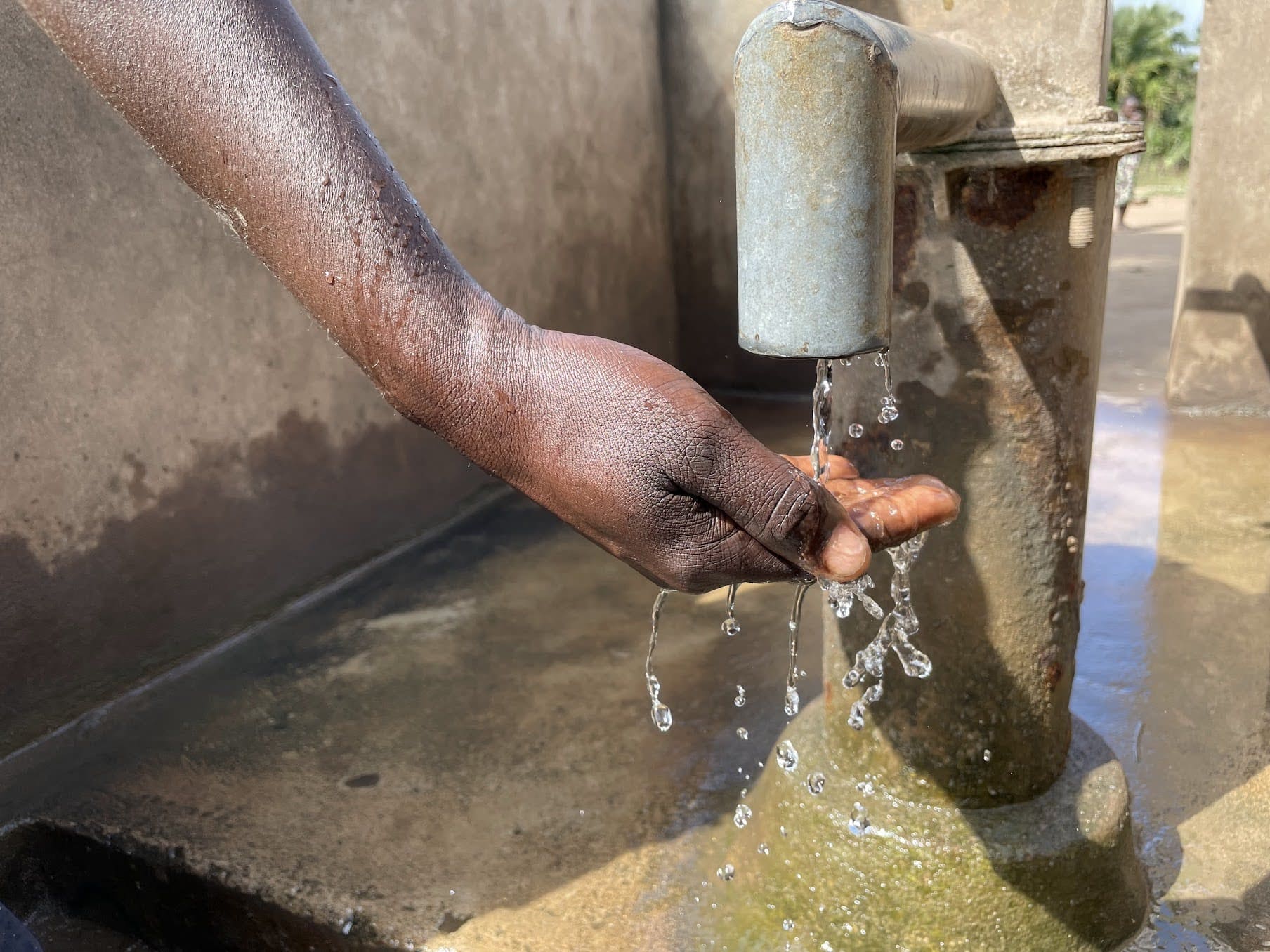
Key facts and figures.
*All statistics are credited to the United Nations, Food and Agriculture Organisation of the United Nations, UNICEF, World Health Organization, World Food Programme, World Bank, United Nations Population Fund, International Labor Organization or Centers for Disease Control and Prevention unless otherwise listed.
- In 2020, 2 billion people (26% of the population) globally did not have safe drinking water and 3.6 billion (46%) lacked access to safely managed sanitation.
- 3.6 billion people, nearly half the world’s population, do not have access to safely managed sanitation in their home.
- Nearly 2.3 billion people lack basic hygiene services, including soap and water at home. This includes 670 million people with no hand washing facilities at all.
- In some countries, 6% of the GDP is expected to be lost by 2050 due to water shortages– spurring migration and conflict.
This World Food Day, let’s join hands to highlight the vital role water plays in sustaining life and nourishing our planet. By conserving water, we can create a sustainable future for all.
Photo credits from top to bottom:
Photo 1 – Guthyamma Thogarsi Shivamogga, District Karnataka 2020 © Sujata Khanna
Photos 2 & 3 – Majete 6 Epicenter Malawi 2022 © The Hunger Project Pablo Sanchez
